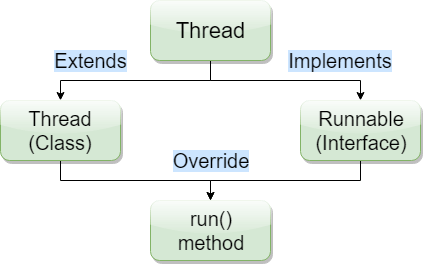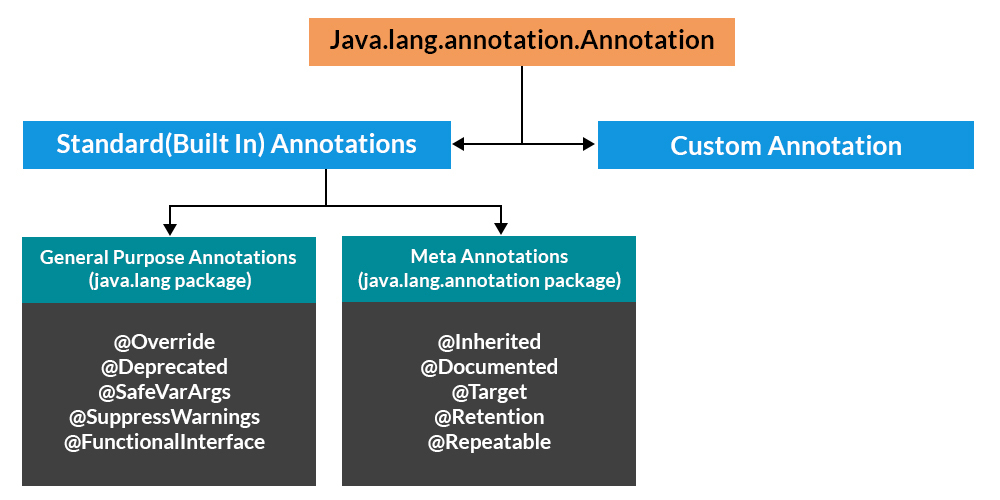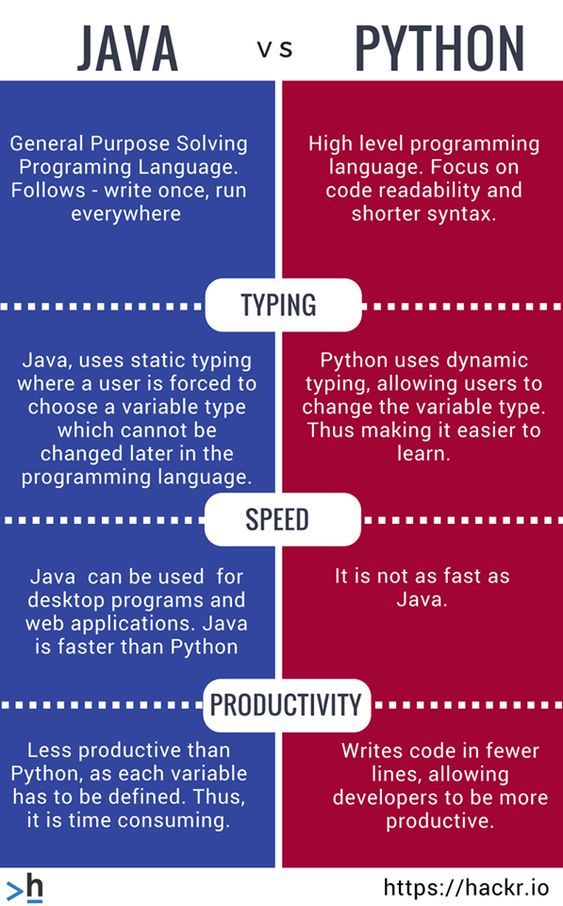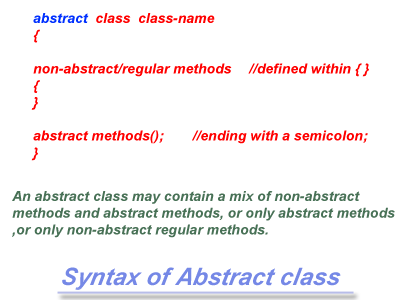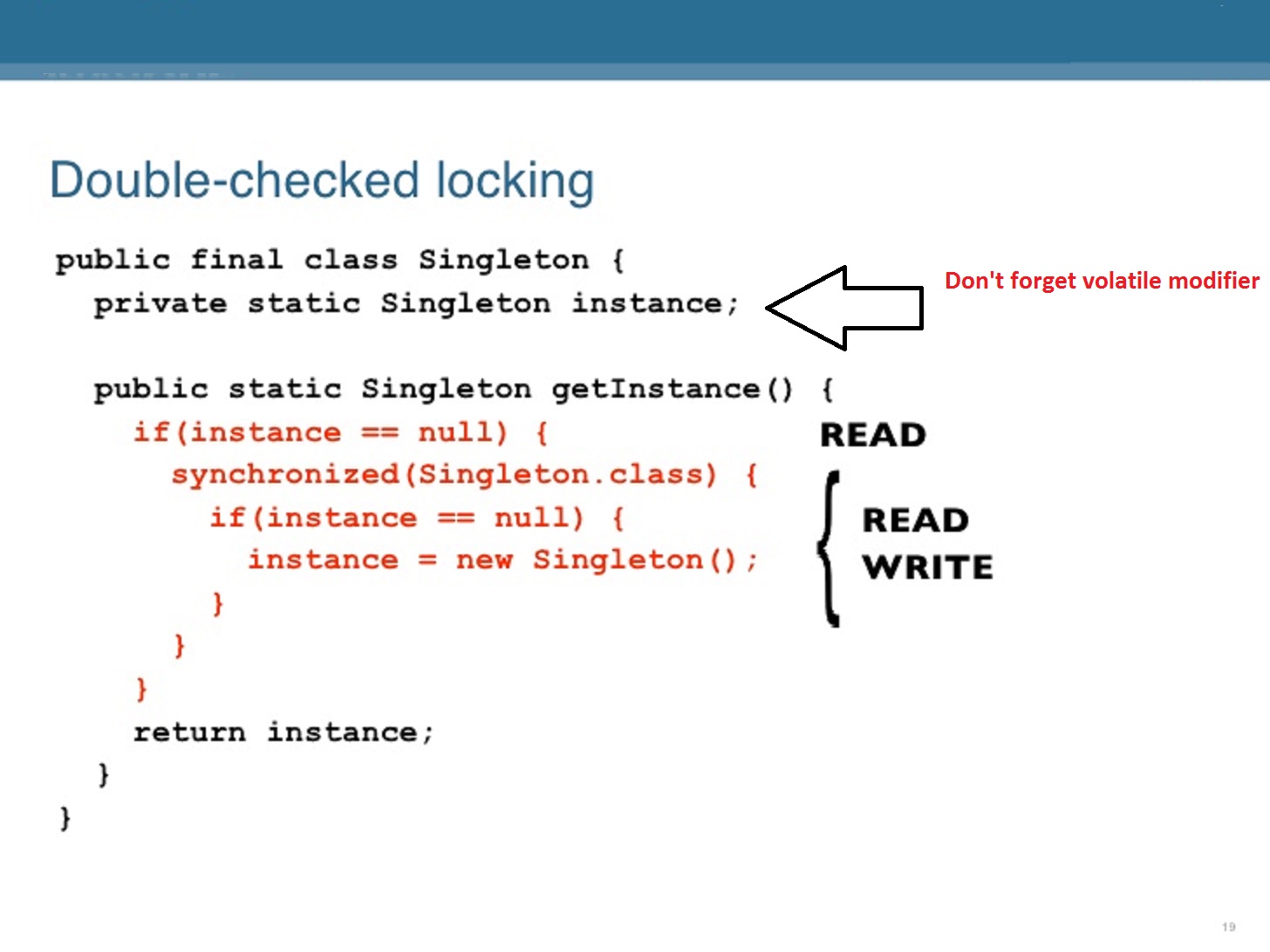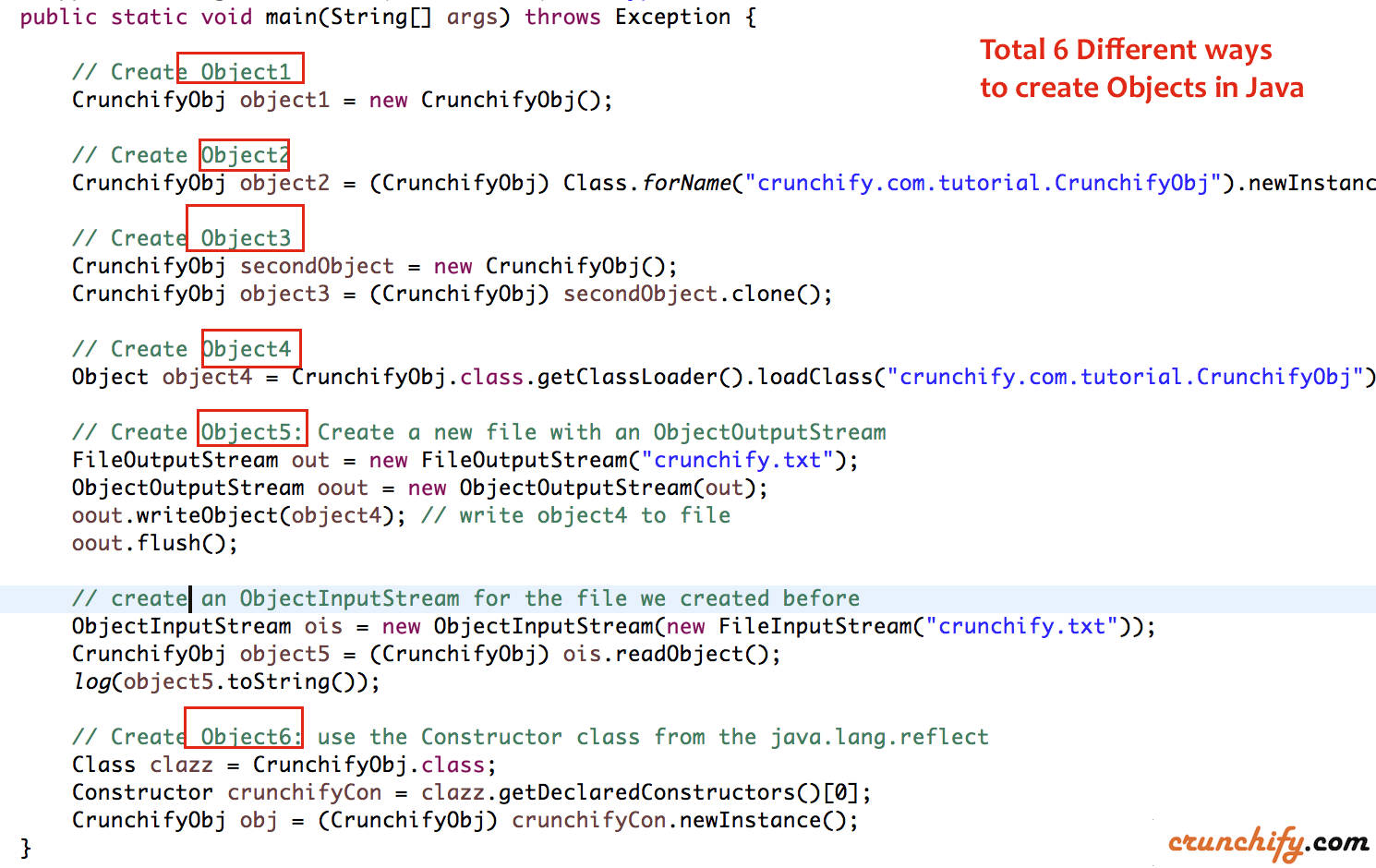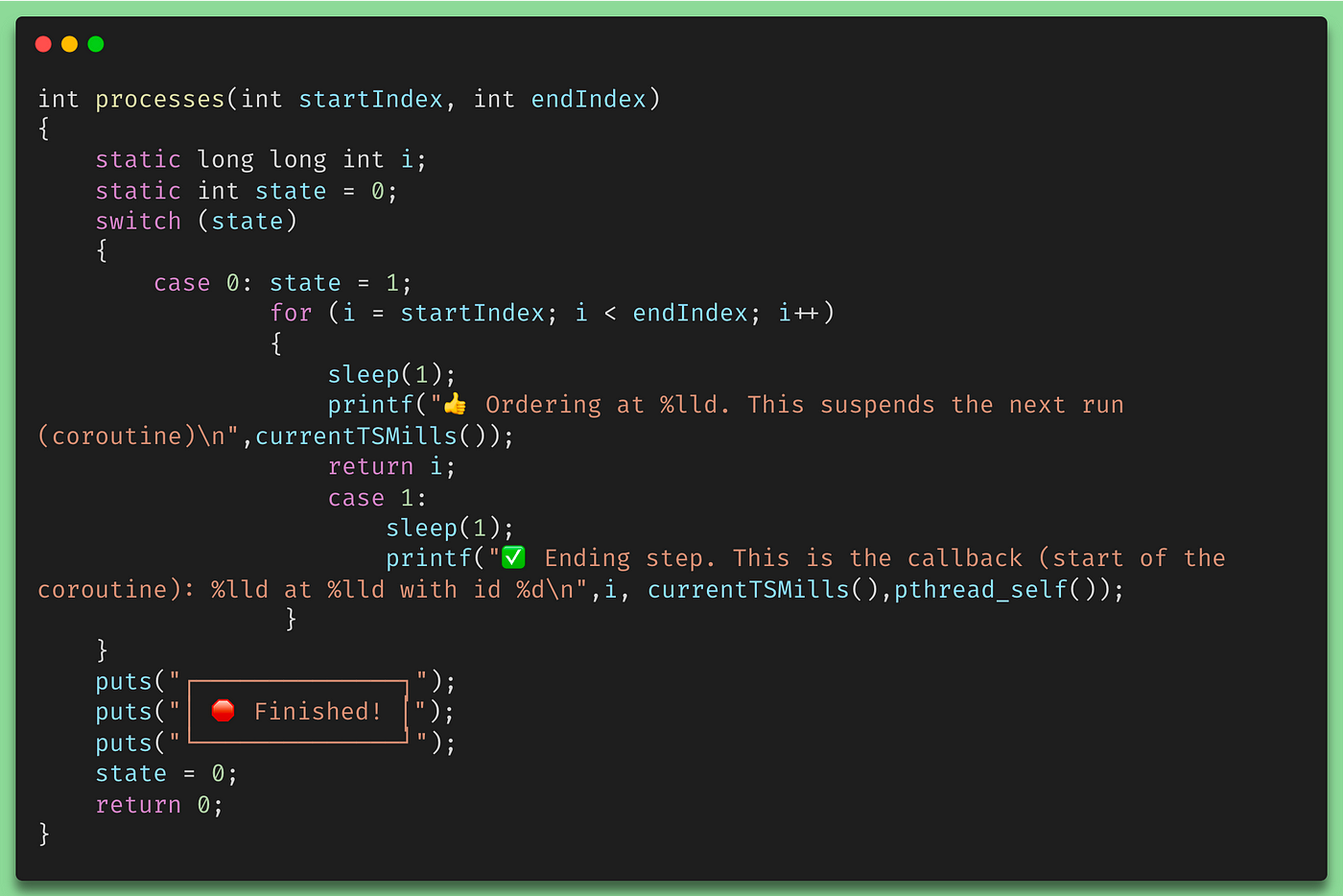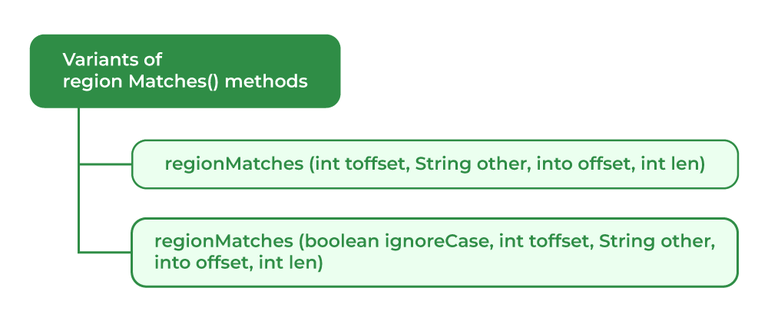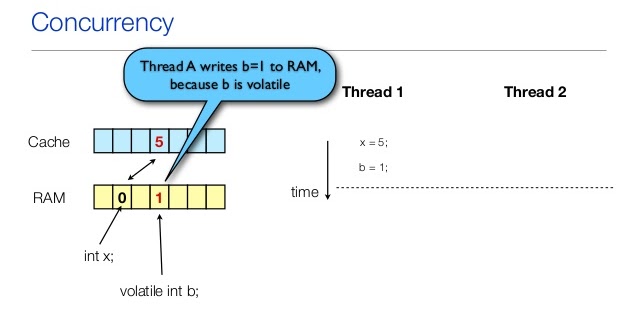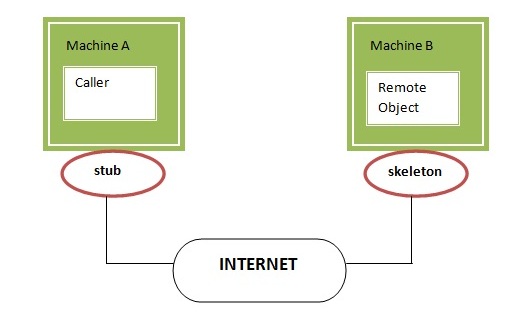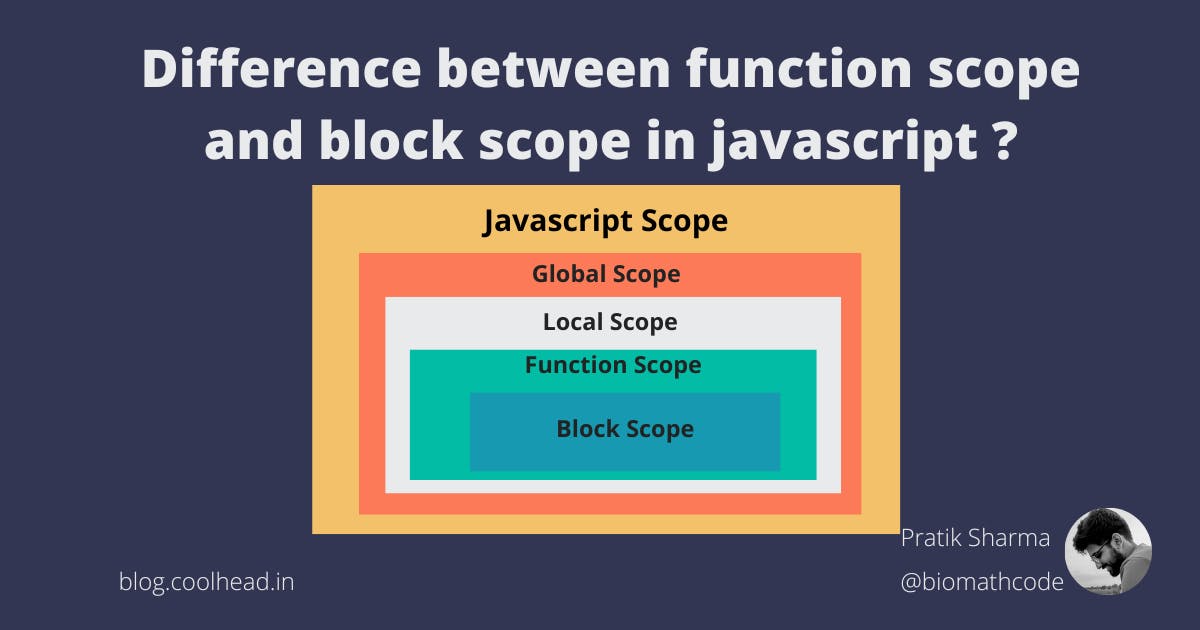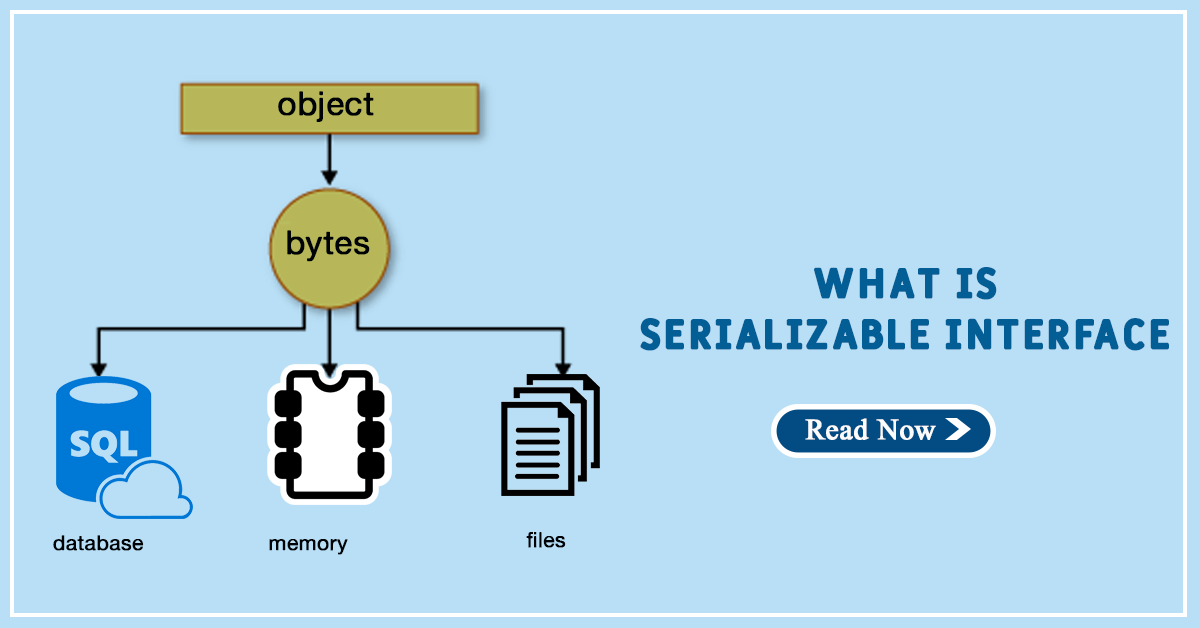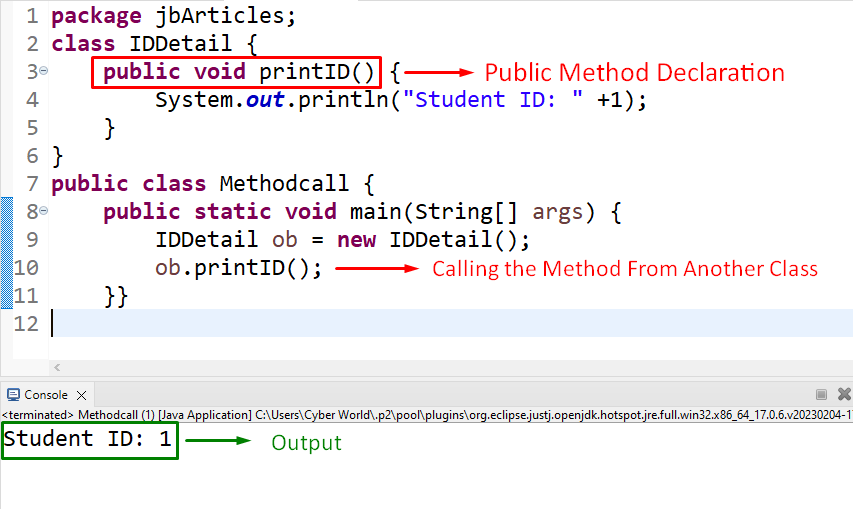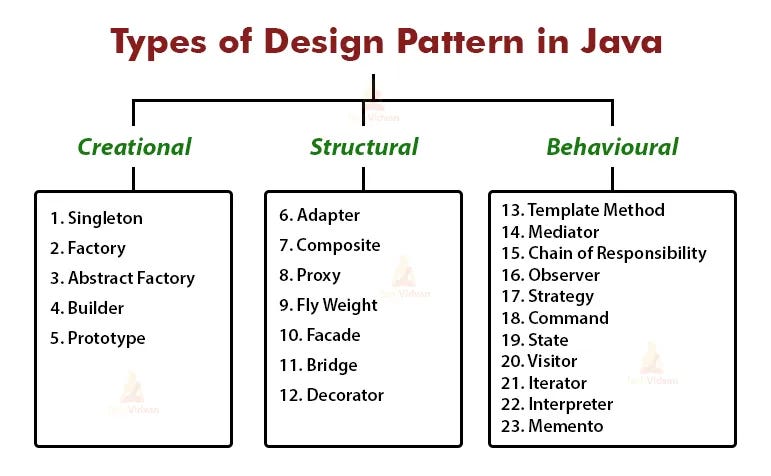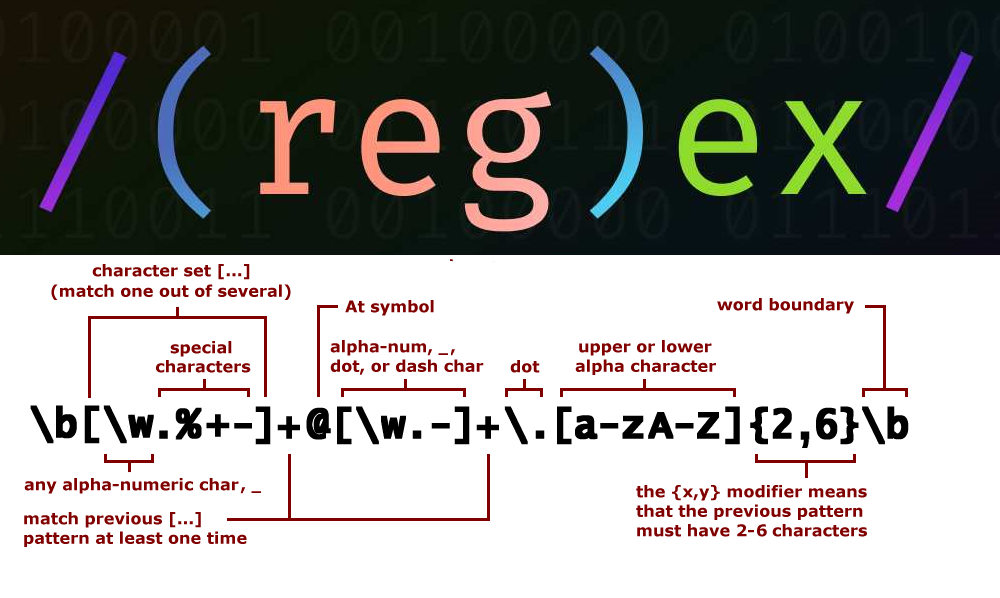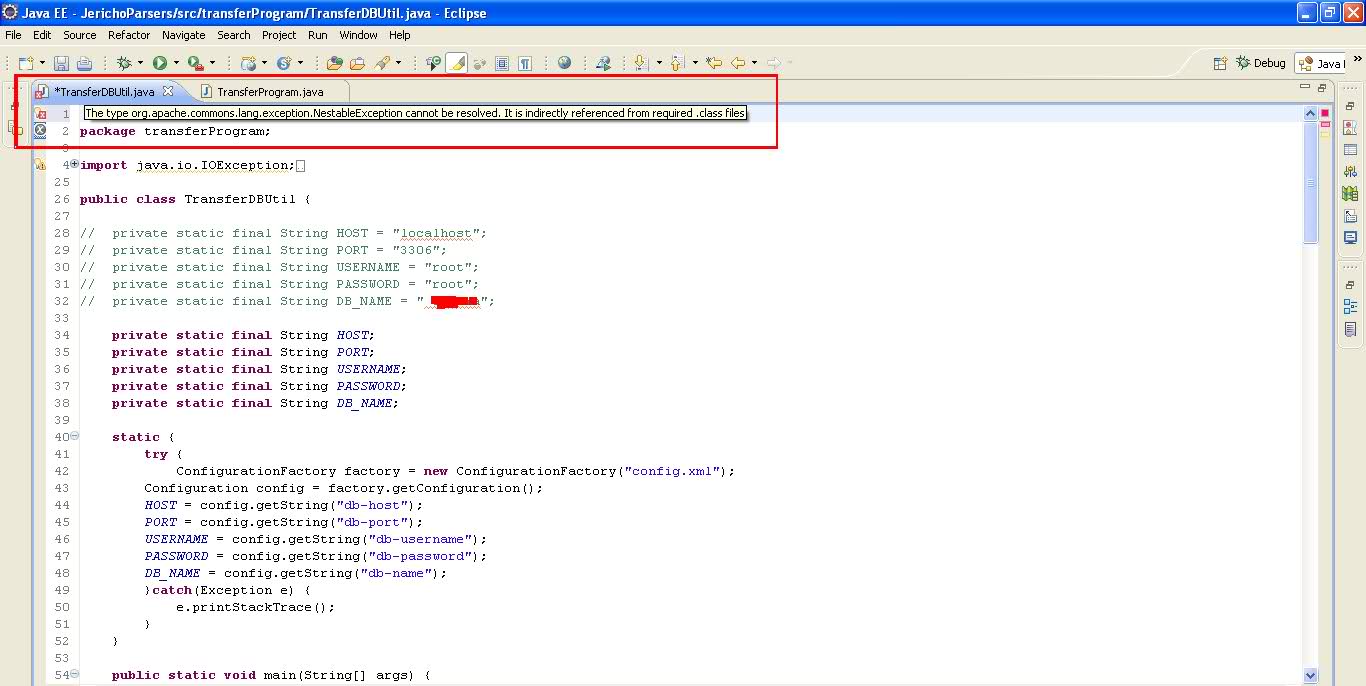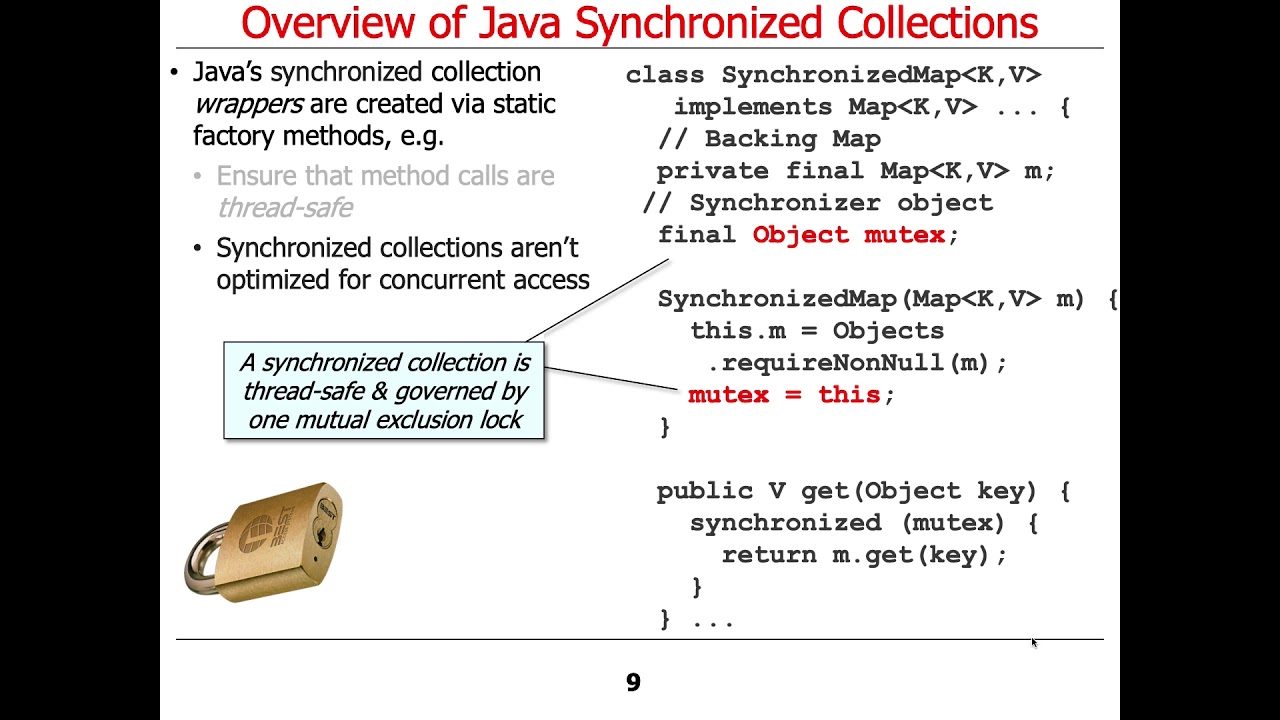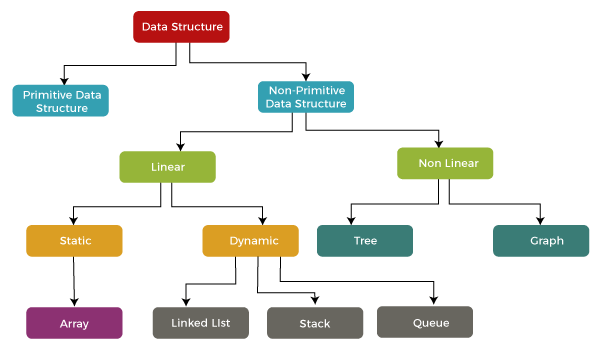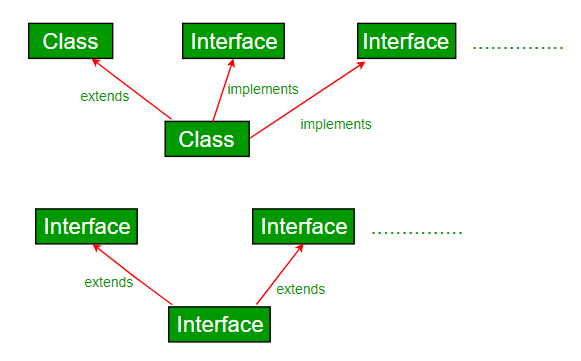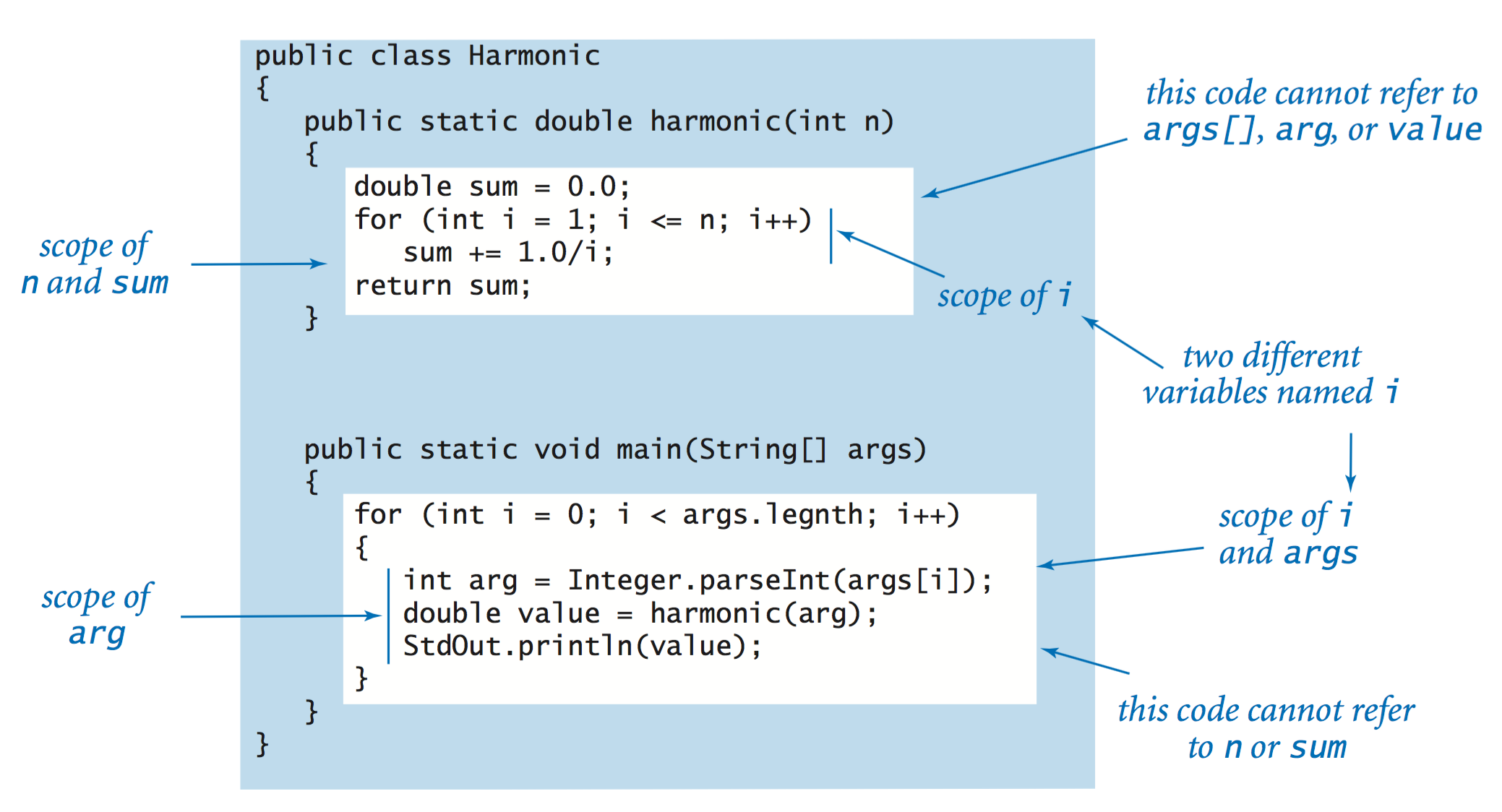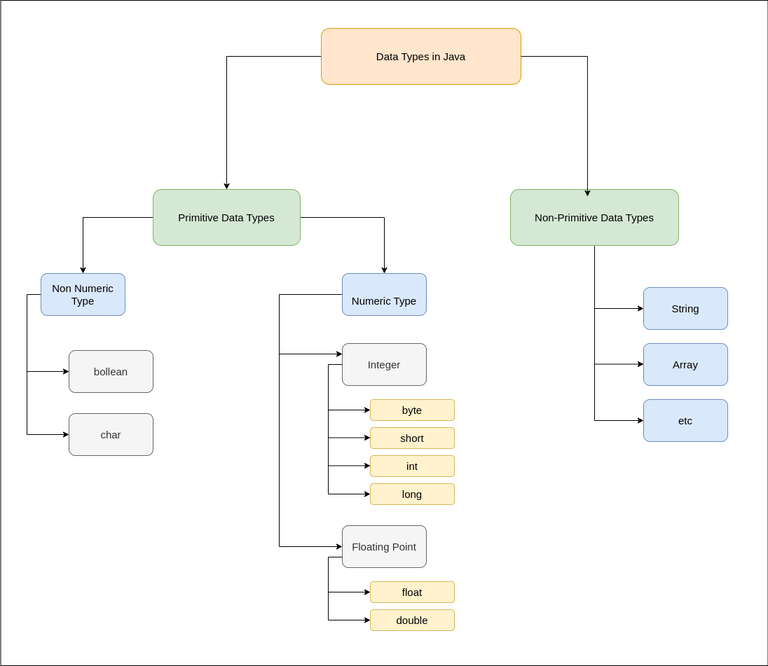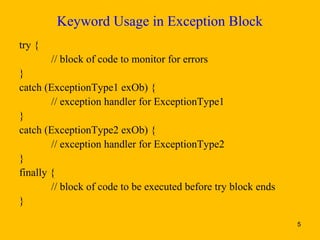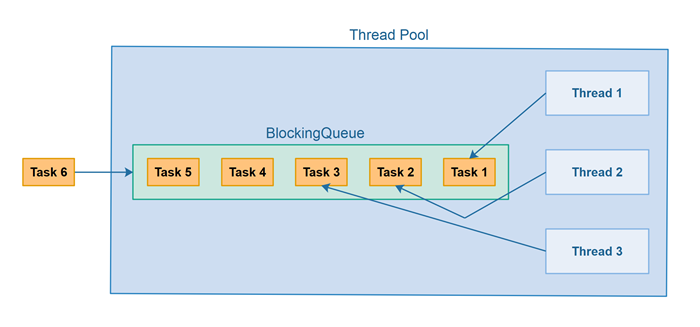Initialize array Java with 0
Initialize array Java with 0
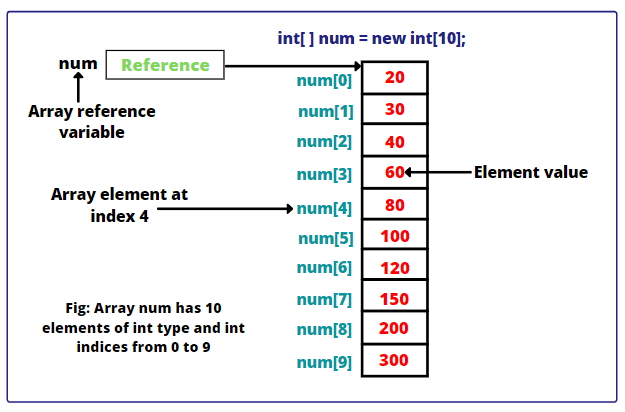
Here is an example of how to initialize an array in Java with a default value of 0:
In Java, arrays are objects that store a fixed-size, homogeneous collection of elements (values or objects) identified by an index or key. You can create an array using the new keyword followed by the name of the array type and the number of elements you want to store.
Here is an example of how to initialize an array in Java with 0:
int[] myArray = new int[10]; // Create a new integer array of length 10
// Print the contents of the array
for (int i = 0; i < myArray.length; i++) {
System.out.println("myArray[" + i + "] = " + myArray[i]);
}
When you run this code, it will output:
myArray[0] = 0
myArray[1] = 0
myArray[2] = 0
myArray[3] = 0
myArray[4] = 0
myArray[5] = 0
myArray[6] = 0
myArray[7] = 0
myArray[8] = 0
myArray[9] = 0
As you can see, each element in the array is initialized to its default value of 0. This is because we didn't explicitly assign a value to each element.
If you want to initialize an array with specific values, you can do so using the new keyword followed by the name of the array type and the number of elements, like this:
int[] myArray = new int[10];
for (int i = 0; i < myArray.length; i++) {
myArray[i] = i * 2;
}
// Print the contents of the array
for (int i = 0; i < myArray.length; i++) {
System.out.println("myArray[" + i + "] = " + myArray[i]);
}
When you run this code, it will output:
myArray[0] = 0
myArray[1] = 2
myArray[2] = 4
myArray[3] = 6
myArray[4] = 8
myArray[5] = 10
myArray[6] = 12
myArray[7] = 14
myArray[8] = 16
myArray[9] = 18
In this case, we initialized each element of the array to a specific value by using a for loop.
Note that you can also use an initializer list when creating an array:
int[] myArray = new int[] {1, 2, 3, 4, 5};
// Print the contents of the array
for (int i = 0; i < myArray.length; i++) {
System.out.println("myArray[" + i + "] = " + myArray[i]);
}
When you run this code, it will output:
myArray[0] = 1
myArray[1] = 2
myArray[2] = 3
myArray[3] = 4
myArray[4] = 5
In this case, we initialized each element of the array to a specific value by using an initializer list.
I hope this helps! Let me know if you have any questions or need further assistance.
Initialize array Java without size
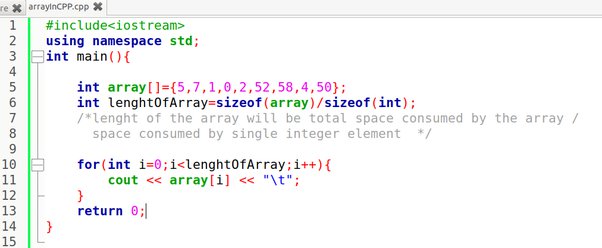
Here's an explanation on initializing an array in Java:
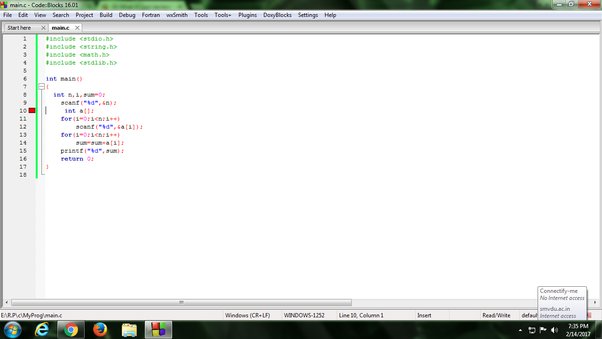
In Java, arrays are objects that can store a fixed number of elements of the same data type. To initialize an array means to create an instance of the array class and assign values to its elements.
When you declare an array in Java without specifying its size, you are actually declaring a reference variable of the array type. This is known as "declaring an uninitialized array." The size of the array will be determined when you assign values to the array or when you use a method that requires the size of the array.
Here's an example:
int[] myArray;
This code declares an integer array reference variable named myArray. It does not specify its size, so you can think of it as an uninitialized array.
You can initialize the array later by assigning values to its elements. For instance:
myArray = new int[5];
myArray[0] = 1;
myArray[1] = 2;
myArray[2] = 3;
myArray[3] = 4;
myArray[4] = 5;
This code creates an integer array of size 5 and assigns values to its elements. The array is now initialized.
Alternatively, you can use the shortcut syntax to initialize the array:
int[] myArray = new int[5];
myArray[0] = 1;
myArray[1] = 2;
myArray[2] = 3;
myArray[3] = 4;
myArray[4] = 5;
This code does the same thing as the previous example, but it combines the declaration and initialization of the array into one statement.
Initializing an array without specifying its size has some implications. For instance:
You can't access the array's elements until you assign values to them. The array will default to a size of 0 if you don't specify a size or assign values to it. Some methods that require the size of the array may throw exceptions if you don't provide the correct size.In summary, declaring an uninitialized array in Java means creating a reference variable that can store elements of the same data type. You can initialize the array later by assigning values to its elements. The size of the array will be determined when you assign values or use methods that require it.
Let me know if you have any questions or need further clarification!

